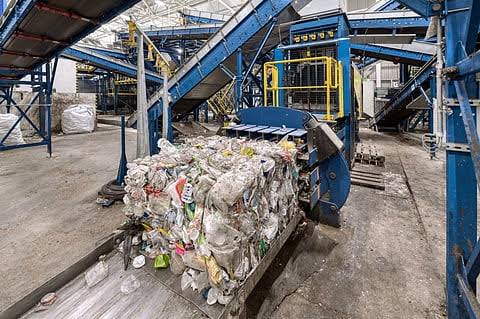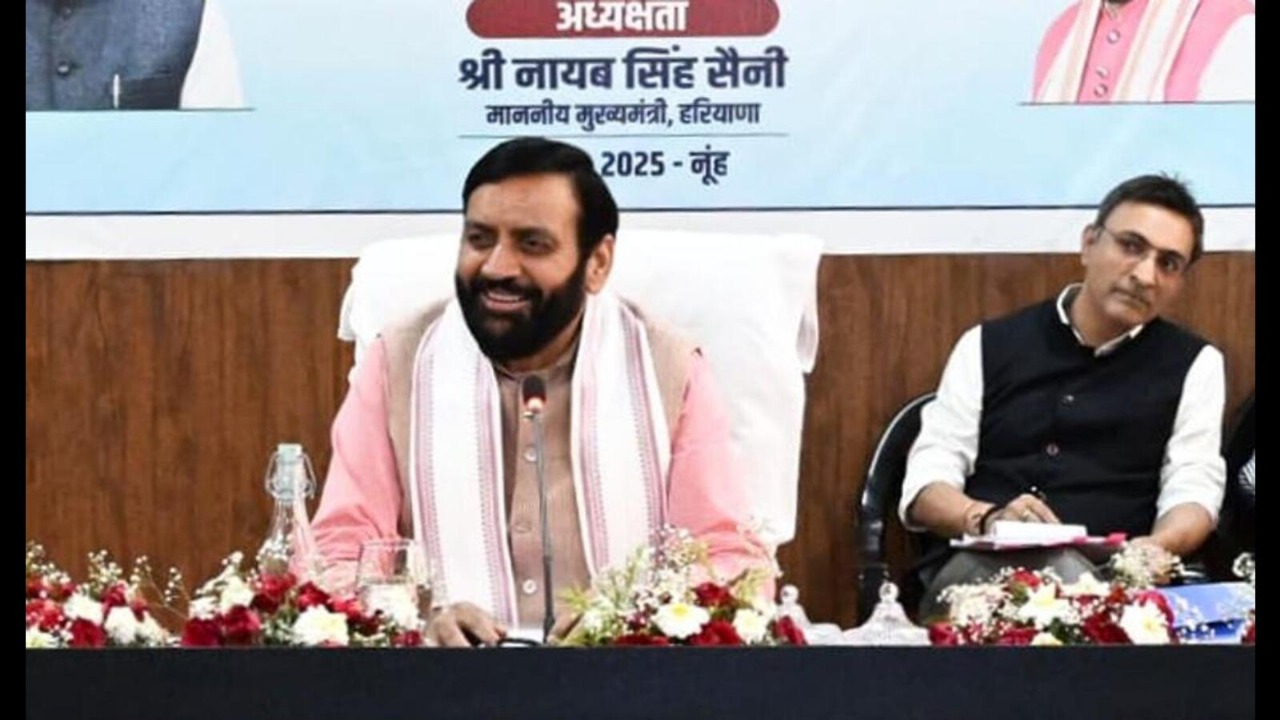 Image Source: Down to Earth
Image Source: Down to Earth
West Bengal is intensifying its campaign against single-use plastics, unveiling a comprehensive strategy to combat plastic pollution and safeguard the environment. The government’s multi-pronged approach aims to eliminate single-use plastics (SUPs) across the state and set a national example.
Cloth Bag Vending Machines:
Plans are underway to install subsidized cloth bag vending machines in markets, allowing citizens to easily access reusable alternatives and reduce dependence on plastic bags.
Plastic-Free Success Stories:
The Gangasagar Mela has been declared a “full plastic-free mela,” and plastic bags are now completely banned in ecologically sensitive tourist destinations like the Sundarbans and Digha Jagannath Dham.
Strict Enforcement and Penalties:
Civic bodies have been directed to impose fines for non-compliance, with the Environment Department prepared to adopt a stricter stance as needed. Manufacturing, stocking, and sale of plastic bags below 75 microns are punishable offenses.
Youth and Community Engagement:
Special initiatives are engaging school students and youth to foster environmental awareness and encourage responsible citizenship.
Processing and Recycling Expansion:
The state has registered 30 plastic waste processing units, with a focus on turning waste into wealth through improved recycling infrastructure.
Plastic Waste Challenge:
West Bengal generates 1,000 tonnes of plastic waste daily, with Kolkata alone contributing 400 tonnes per day. Annual state-wide plastic waste stands at 330,000 tonnes.
Research and Monitoring:
Studies reveal alarming levels of microplastics in the Hooghly River and city air, highlighting the urgent need for action.
Assembly Resolution:
The West Bengal Assembly is set to debate a resolution on eliminating SUPs, reinforcing the state’s commitment to a cleaner, greener future.
Source: Indian Express, Editorji, UNICEF India, Millennium Post, Times of India
Advertisement
Advertisement






